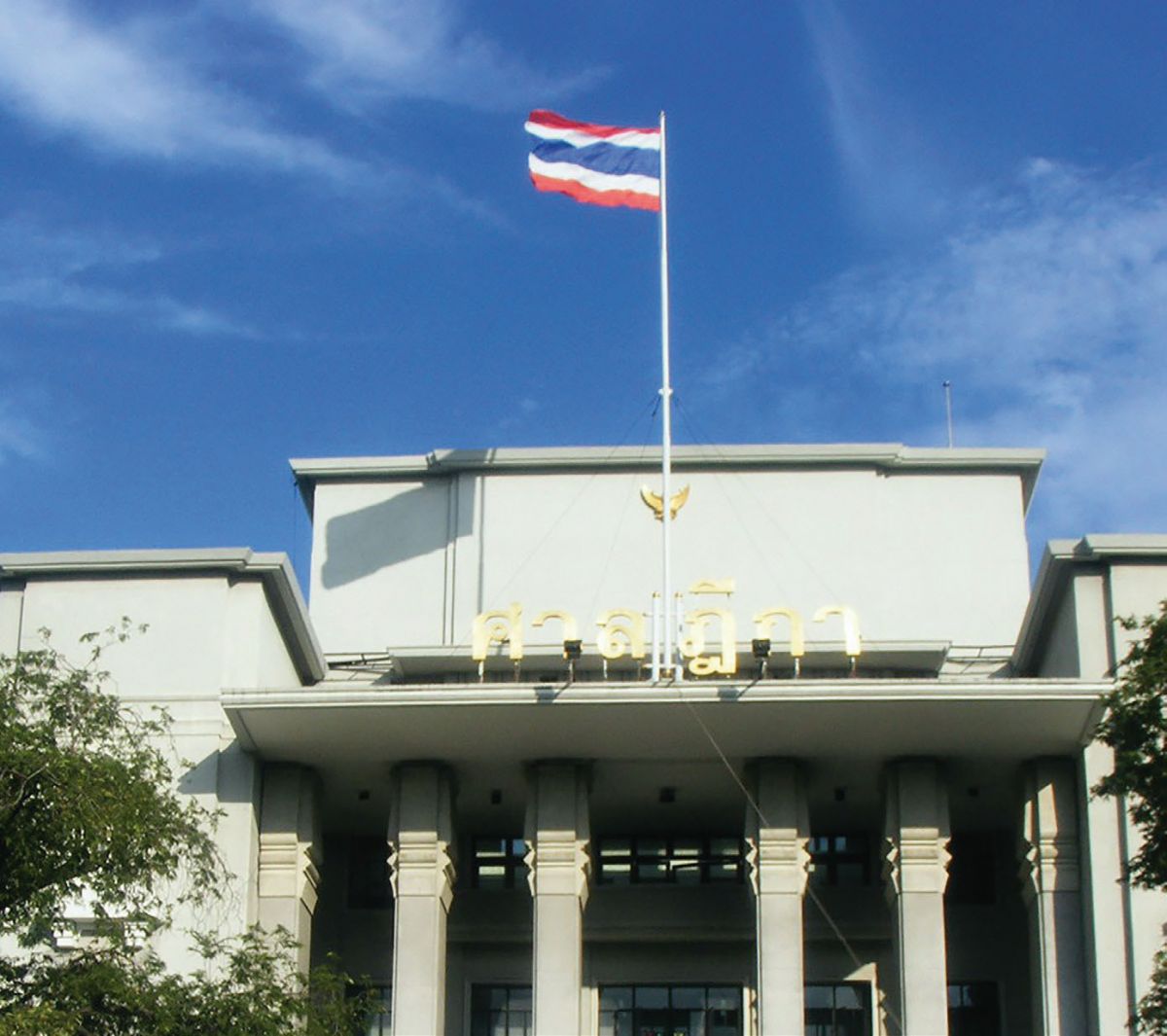Writing against impunity and state violence in Thailand
Since completing my PhD in 2007, Sontag’s question has frequently recurred as I have worked to become a scholar-activist who divides her time between the present and the recent past, and among reading in archives and libraries, observing human rights court cases, and translating accounts of state violence. The inspiration for my work primarily comes from outside the academy: writers like Sontag who make human rights violations accessible to a broad public, human rights workers creating knowledge that challenges the silences and elisions present in dominant state narratives, and survivors of rights violations who dare to speak out despite the risks they face. My work as a scholar grounds my activism in rigour and activism in turn reminds me of the urgency of putting knowledge to work in the service of justice.
Since 1997, my work has been based in Thailand. Since the end of the absolute monarchy in 1932, through twelve ‘successful’ (meaning that power was seized) coups and seven failed coups, democracy and justice have remained largely elusive. My latest project, a book and a series of articles on impunity in Thailand grew out of academic-activist crossings. 2 In 2011, I observed an Appeal Court ruling in Bangkok in which Suderueman Maleh, who had submitted a complaint of being tortured by a police officer while in custody, was sentenced to two years in prison for doing so. 3 Suderueman’s conviction, for the alleged crime of providing false testimony as a state official, laid bare the many layers of protection for perpetrators of state violence. It was not enough that he was tortured and his torturer was exonerated: Suderueman was further persecuted for daring to speak out. To understand how and why, I decided to trace the history of impunity in Thailand.
While doing so, I was based in the Department of Political and Social Change (PSC) at the Australian National University (ANU), which I joined in 2009. PSC is a collection of political scientists, sociologists, anthropologists, and historians working on questions of political transformation across East, South, and Southeast Asia. The interdisciplinary and comparative breadth present inspired me to approach impunity from the perspectives of law – namely how law facilitates rather than prevents impunity – and politics, specifically how impunity contributes to state-building, as well as across time. My work greatly benefitted from conversations with colleagues working on the rule of law, and its opposites, and the challenges of ending authoritarianism. 4
Witnessing impunity
Beginning with the end of the absolute monarchy on 24 June 1932 and ending with the coup by the National Council for Peace and Order (NCPO) on 22 May 2014, I asked, what does the history of a nation look like when told from the perspective of citizens whose rights are violated, rather than that of the victorious and powerful leaders? My research found that Thai citizens have experienced a range of forms of extrajudicial violence at the hands of state officials, including torture, disappearance, assassination, and massacre, across regimes both dictatorial and democratic. In nearly all cases, state officials have escaped sanction and accountability. This impunity has been produced and sustained through the unwillingness of state officials to find their colleagues responsible, the intimidation of victims of violence and other citizens, and weak legal and other institutional structures. Impunity takes place in public and is pedagogical and meant to be witnessed, from the instance of state violence to the evasion of accountability and finally to the creation of evidence about it.
The most surprising lesson I learned while researching impunity led to the title of my latest book: state violence and impunity take place in full public view. My expectation was that finding evidence would be difficult. Instead, I mined archival and other publicly-available state documents, newspaper articles, memoirs of civil servants and victims of state violence, and court observation to reveal a history of impunity. Many of the violent events I write about have been previously unexamined or overlooked, but the primary reason is not a sheer lack of information. The events, as well as the evidence of violence, are in plain sight.
22 May 2018 marked the fourth anniversary of the NCPO being in power. Like the previous eleven ‘successful’ coups, the leaders of the NCPO are bold in their violation of the peoples’ rights because they do not fear being held to account.
Fighting for justice
But the history of impunity in Thailand also contains fragments of justice. In 2015, the Supreme Court exonerated Suderueman for exercising his right to call for accountability as a survivor of torture. 5 Citizens continue to protest the NCPO, even though they risk prison terms for doing so as the regime has outlawed public assembly and casts all criticism as sedition. After writing about impunity for the last seven years, I am now turning to what may be its opposite. I ask how, why, and with what possible effect does opposition to dictatorship emerge? To understand how to remake society anew after dictatorship is an urgent corollary to understanding how dictatorships come to power again and again, for us as humans as well as scholars.
Tyrell Haberkorn is an Associate Professor of Asian Languages and Cultures, University of Wisconsin-Madison (as of January 2018). She is the author of Revolution Interrupted: Farmers, Students, Law and Violence in Northern Thailand (University of Wisconsin Press, 2011), In Plain Sight: Human Impunity and Human Rights in Thailand (University of Wisconsin Press, 2018), and articles and translations in Journal of Asian Studies, Critical Asian Studies, positions: asia critique, Dissent, Foreign Affairs, and Prachatai. She can be reached at tyrell.haberkorn@wisc.edu.
